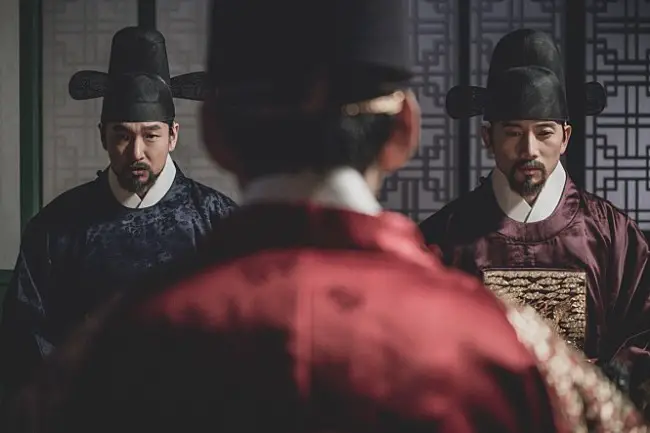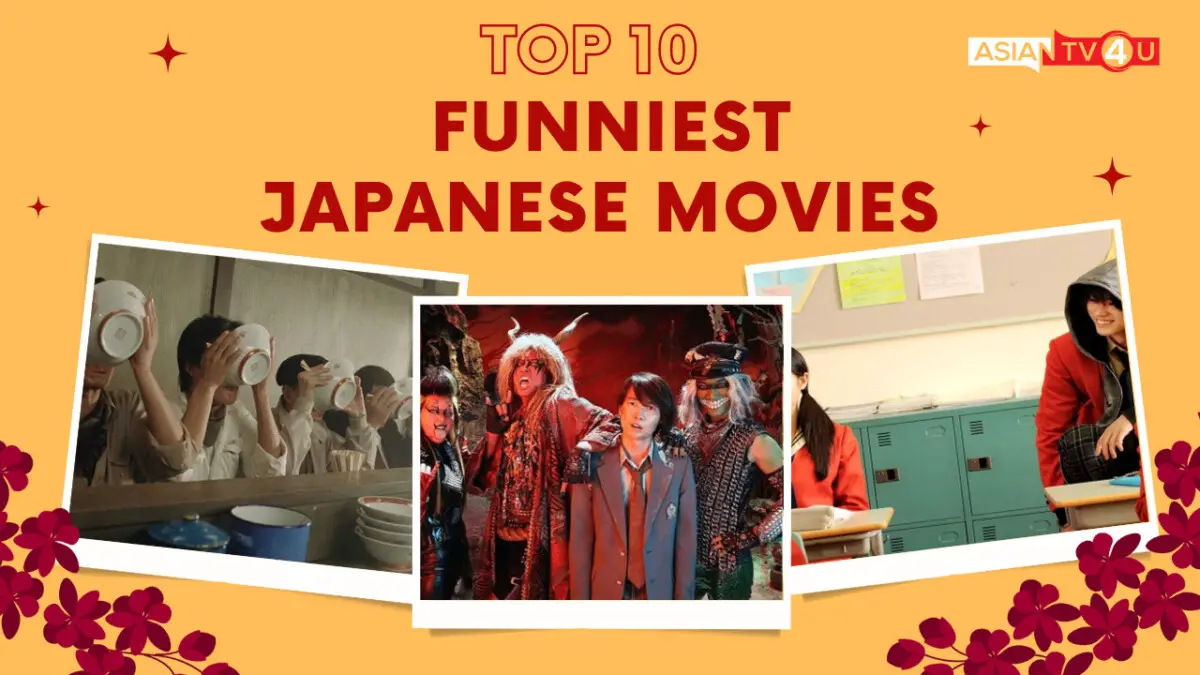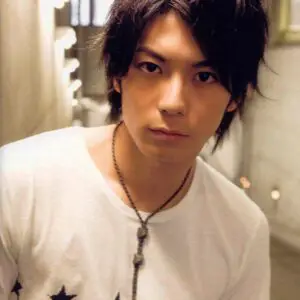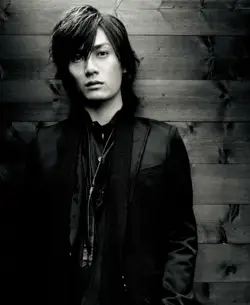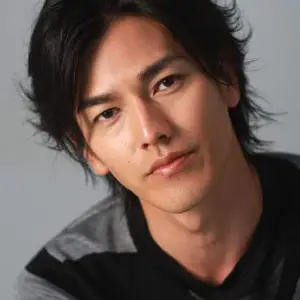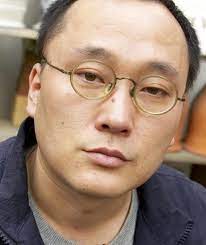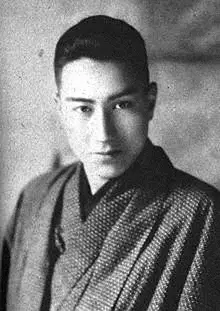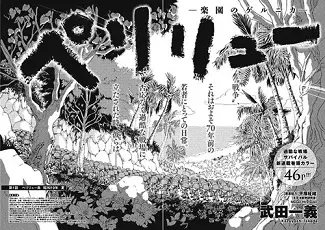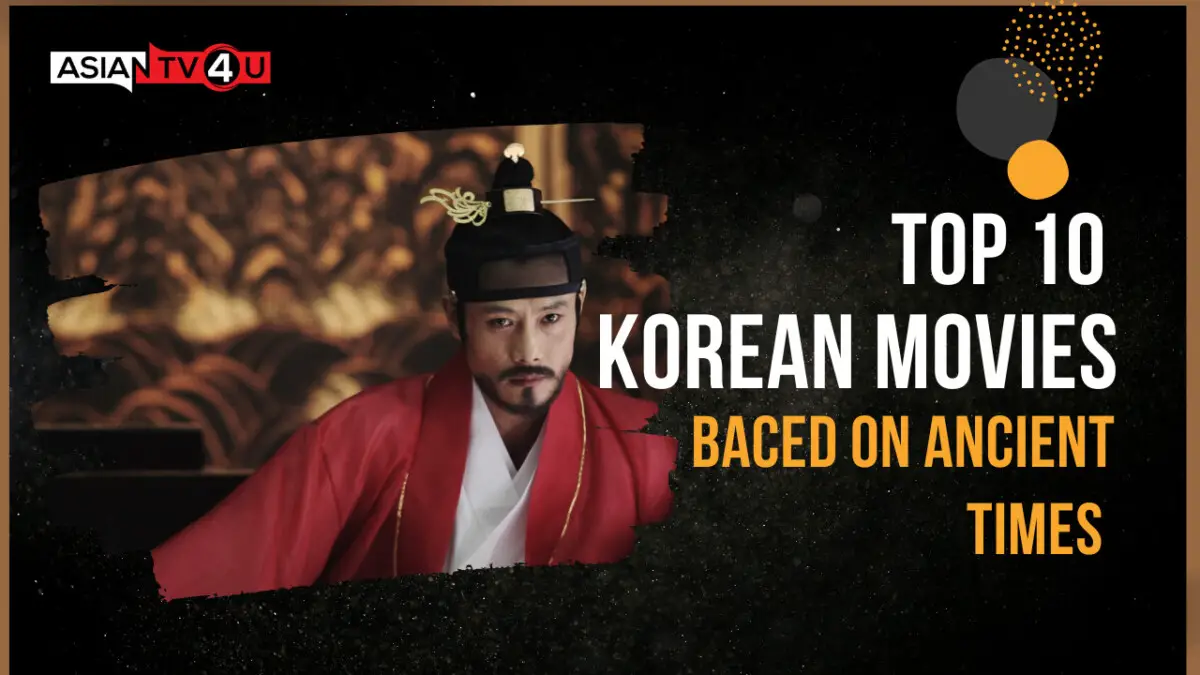
1. Masquerade
Tyrant King Gwang Hae commands his dependable councillor Heo Kyun to locate a royal body double amid upheaval in the country and fear for his life. He employs Ha Seon, a peasant impersonator who perfectly replicates the King. Ha, Seon unwillingly assumes the throne when King Gwanghae dies from an unknown poison. To prevent the downfall of his nation, escape being assassinated, and pull off the largest charade in history, he must act on his conscience.
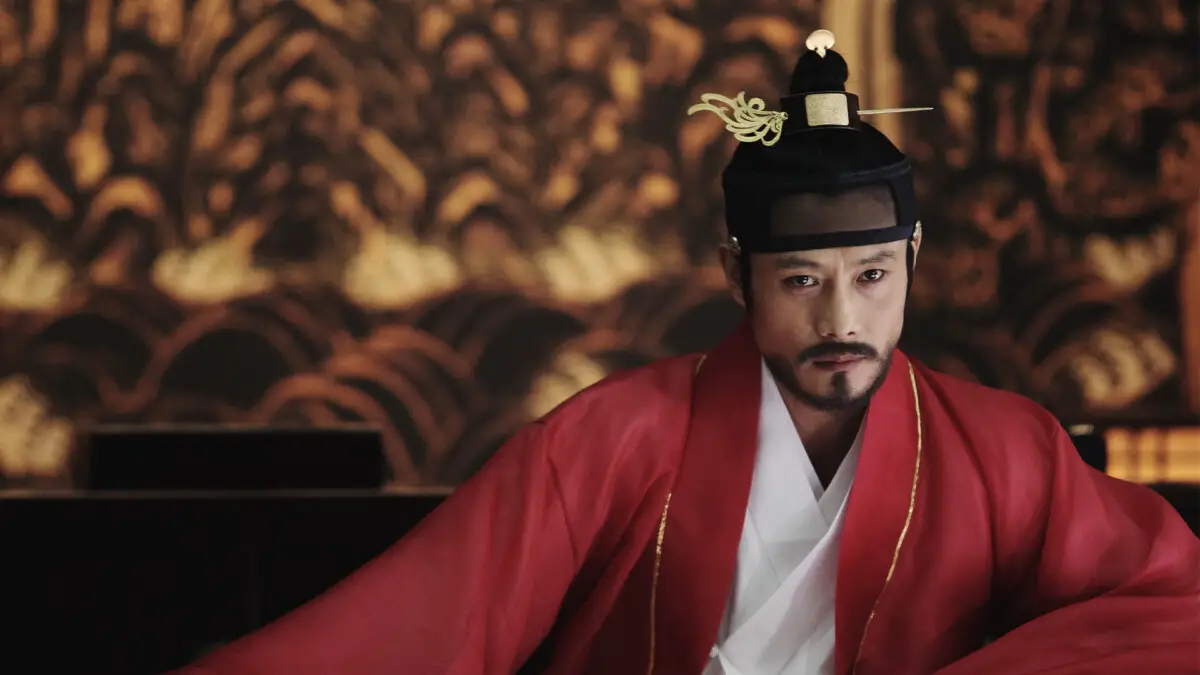
2. The King And The Clown
At the height of the Joseon Dynasty in the sixteenth century, two performers from the countryside, Jang Seng, who is loud and masculine, and Gong Gil, who is quiet and feminine, arrive in Seoul and join forces with a failing playing company. They get more than they bargained for when they parody the notoriously hedonistic monarch in their irreverent play, which features enough raunchy comedy and gender-bending to make a modern audience blush. They are offered the opportunity to save themselves after being swiftly arrested if they can make the monarch laugh. To everyone's amazement, the jubilant monarch declares that she adores the play, designates the performers as her official court jesters, and provides them with more lavish lodging and food than they could have ever dreamed. But it soon becomes clear from the king's attention to Gong Gil that his generosity is driven by factors other than humour. As suspicion grows among the nation's officials, the king's mistress and Jang Seng, resentment and wrath spread from all directions.
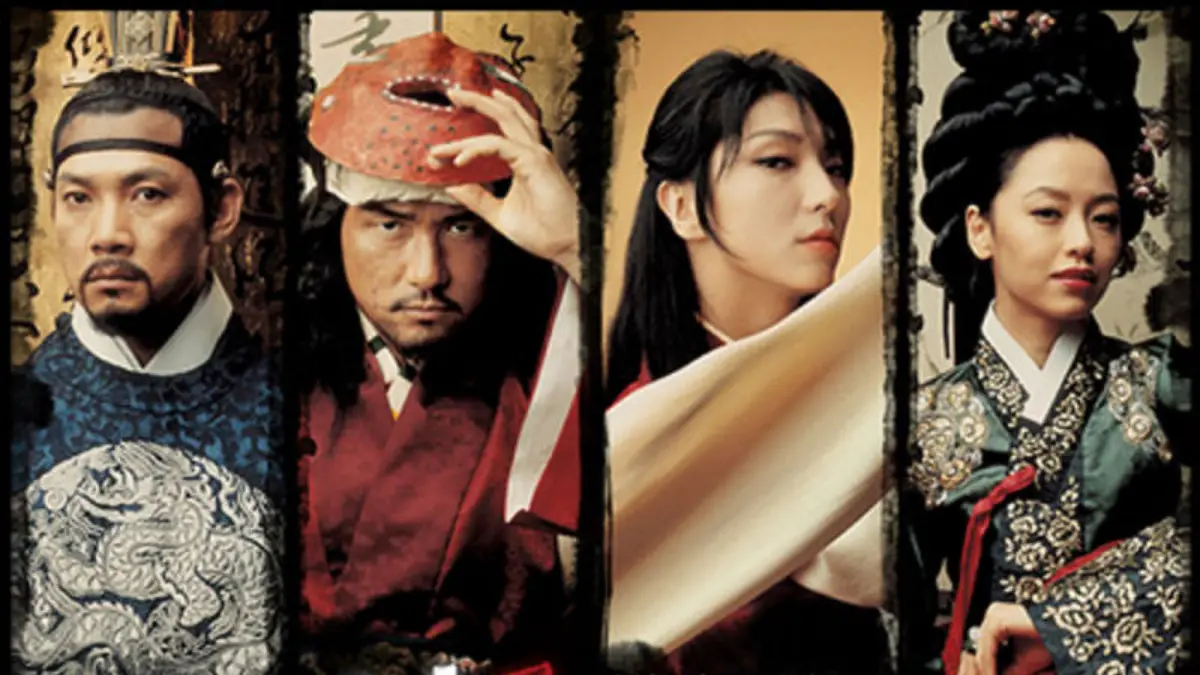
3. The Admiral: Roaring Currents
Disgraced Admiral Yi Sun-Shin is called upon as a last resort to command the Joseon Dynasty's 12 surviving ships and an army of dubious troops against the Emperor's 330 strong fleets in the year 1597 when the Joseon Dynasty faces certain destruction at the hands of the Japanese.
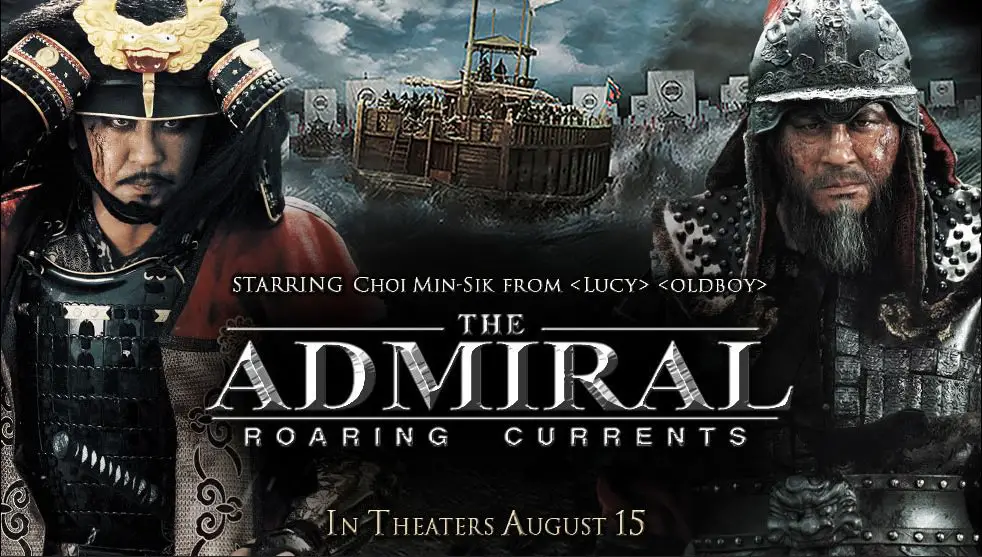
4. 1987: When The Day Comes
The tale of how the public sector and the populace battled to expose the truth to cover up Park Jong Cheol's murder, served as the backdrop spark for democratisation in 1987.
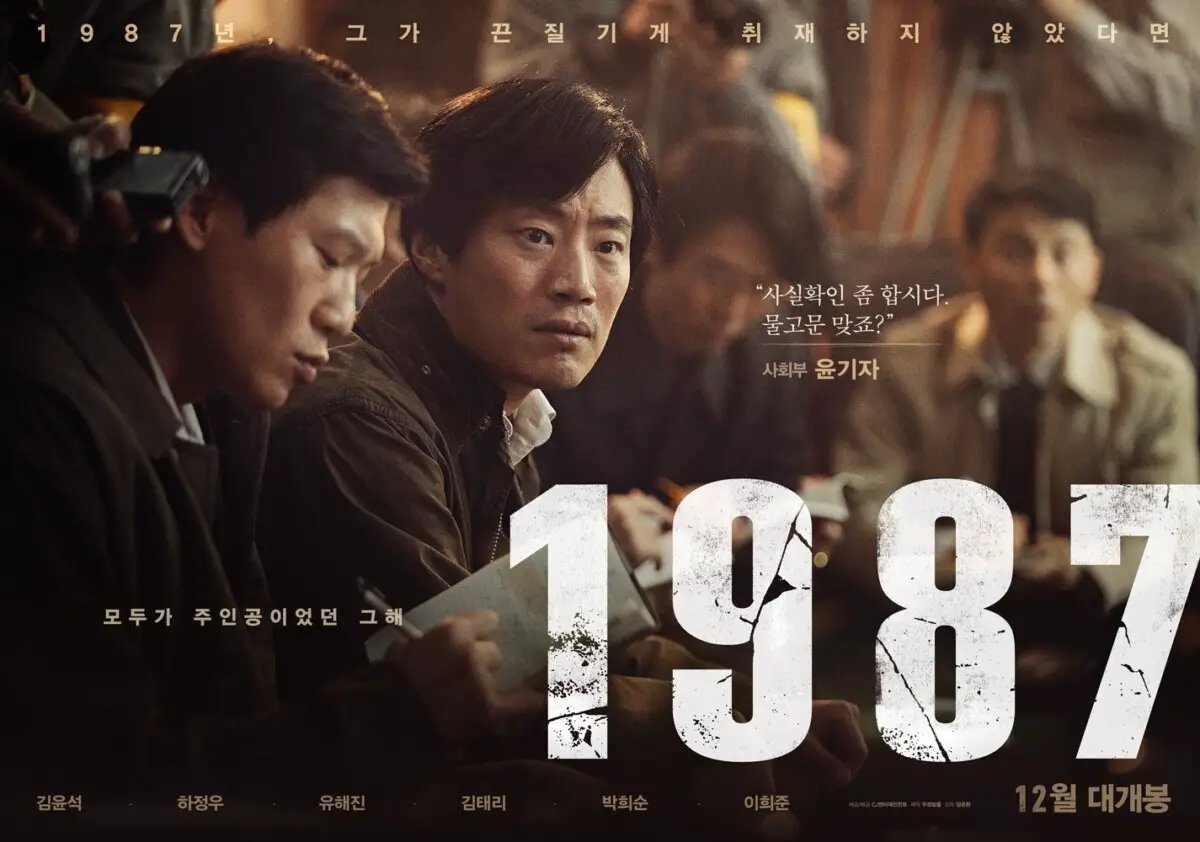
5. Welcome To Dongmakgol
A community located in a distant mountain range, Dongmakgol is unaffected by the effects of the ongoing Korean War and is cut off from the outside world. The three combatants—a U.S. fighter pilot whose aircraft crashed into a mountain, three North Korean troops fleeing, and two South Korean soldiers who perish—are brought together by fate. They decide to stay and assist the neighbourhood farmers when a grenade ruins the food stash. In the process, they gradually let go of their animosity and develop a relationship. The U.S. commanders are planning a significant air attack because they think a significant North Korean military presence exists in the region where the jet vanished. The troops resolve to cooperate to deflect the onslaught to save the community from being destroyed, potentially at their own cost.
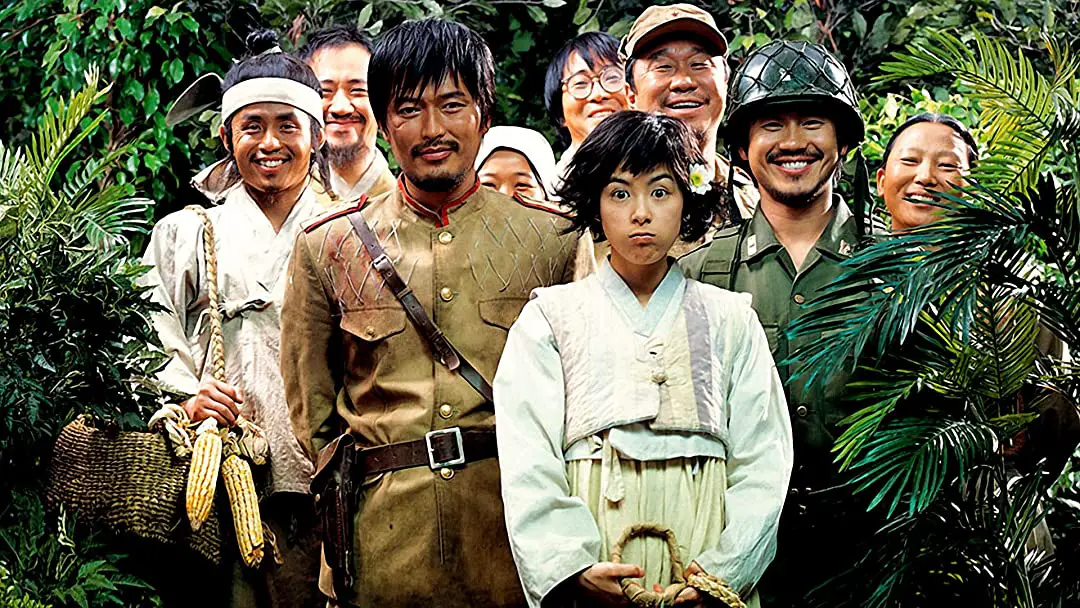
6. Ode To My Father
In "Ode to My Father," a perfectly ordinary guy named Deok Su musters incredible fortitude to defend his family in the face of traumatic tragedies. They manage to endure some of the most important events in contemporary history by sticking together. Deok Su had to bid his father farewell when he was a little boy during a North Korean refugee evacuation during the Korean War. He pledged to always defend the family in his dying words to his father. As he gets older, that commitment takes him to the Vietnam War's jungle and even the coal mines of Germany in the 1960s.
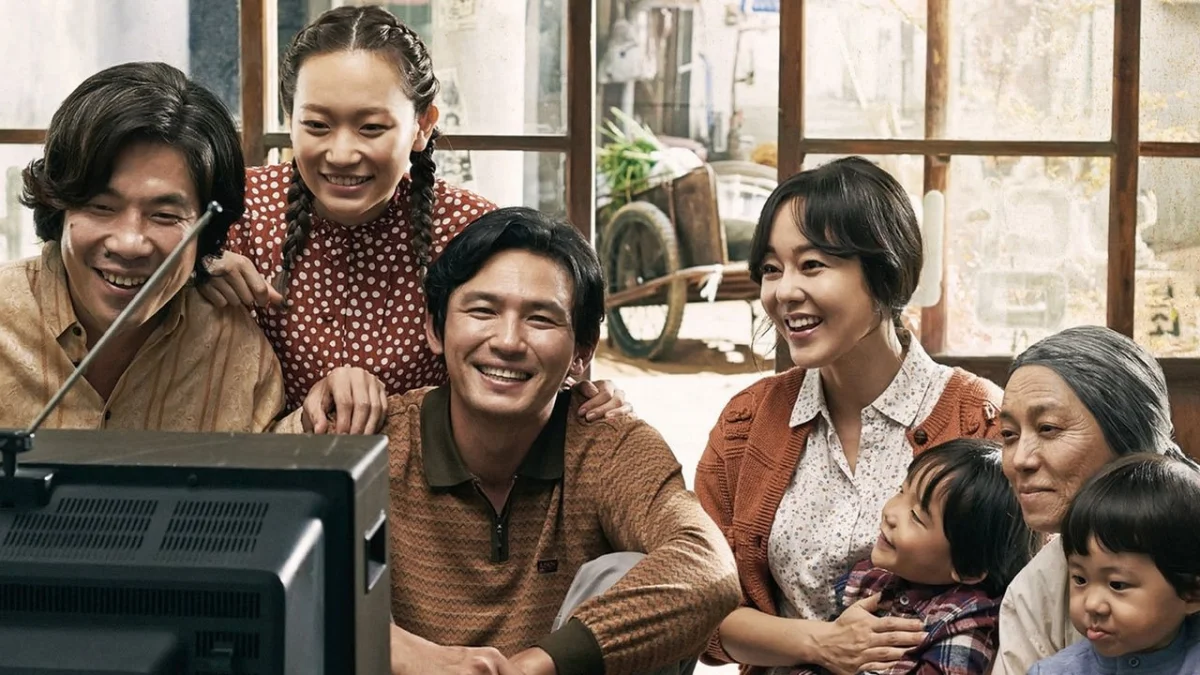
7. Taegukgi
In a made-up narrative, two brothers named Jin Tae and Jin Seok are conscripted into the South Korean army when the Korean War started in June 1950. To provide food for the rest of the family, Jin Tae's fiancé Young Shin joins the communist party, further aggravating their predicament. The older and more powerful of the two brothers, shoeshine boy Jin Tae, makes it his life's work to protect his younger and more vulnerable brother, Jin Seok, from any harm. The only way to do it was to receive an honour medal. Jin Tae battles boldly and develops into a strong warrior because a higher commander promised him that if he won the medal, his brother would be sent home.
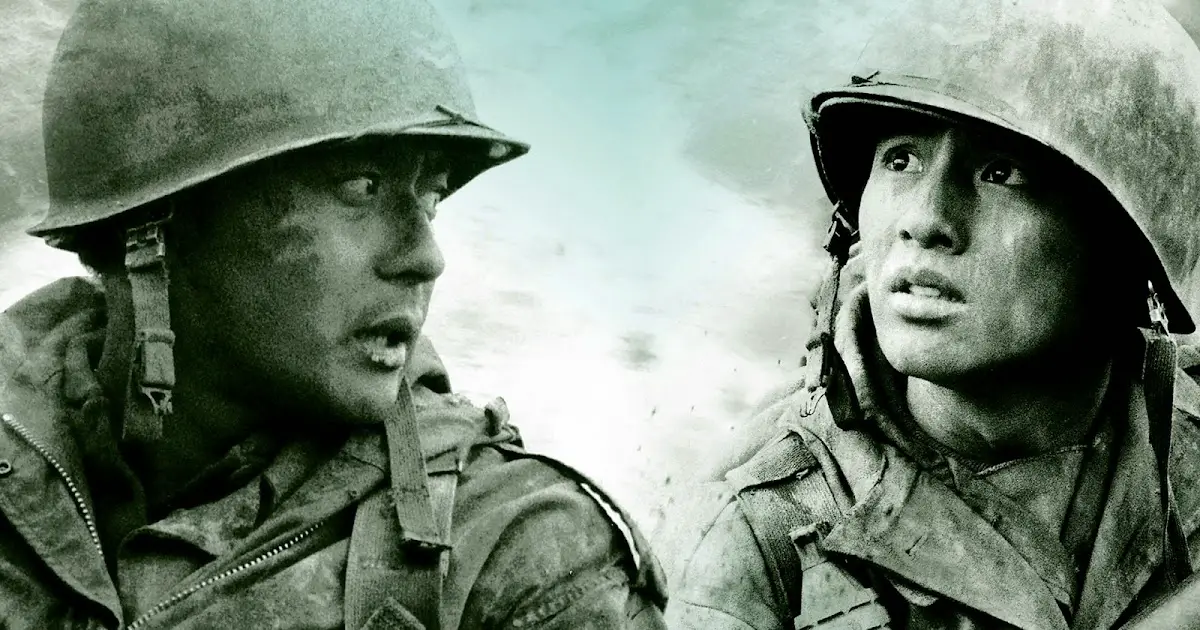
8. The Pirates
A group of Chinese envoys carrying the Emperor's State Seal on the dawn of the Joseon Dynasty had it sucked up by a whale in the middle of their voyage. Jang Sa Jung and his mountain warriors set out to find the whale because of the hefty reward offered for its recovery. He quickly engages in conflict with Yeo Wol, the female pirate leader, setting them both up for an unexplored journey.
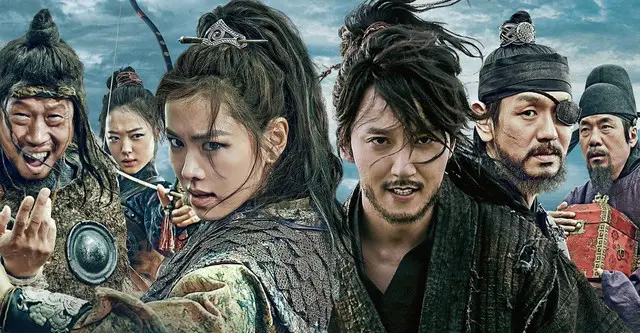
9. War Of The Arrows
The strongest archer in Korea, Nam Yi, battles the Qing Dynasty to free his younger sister Ja In, who had been kidnapped and kept as a captive during the second Manchu invasion of Korea.
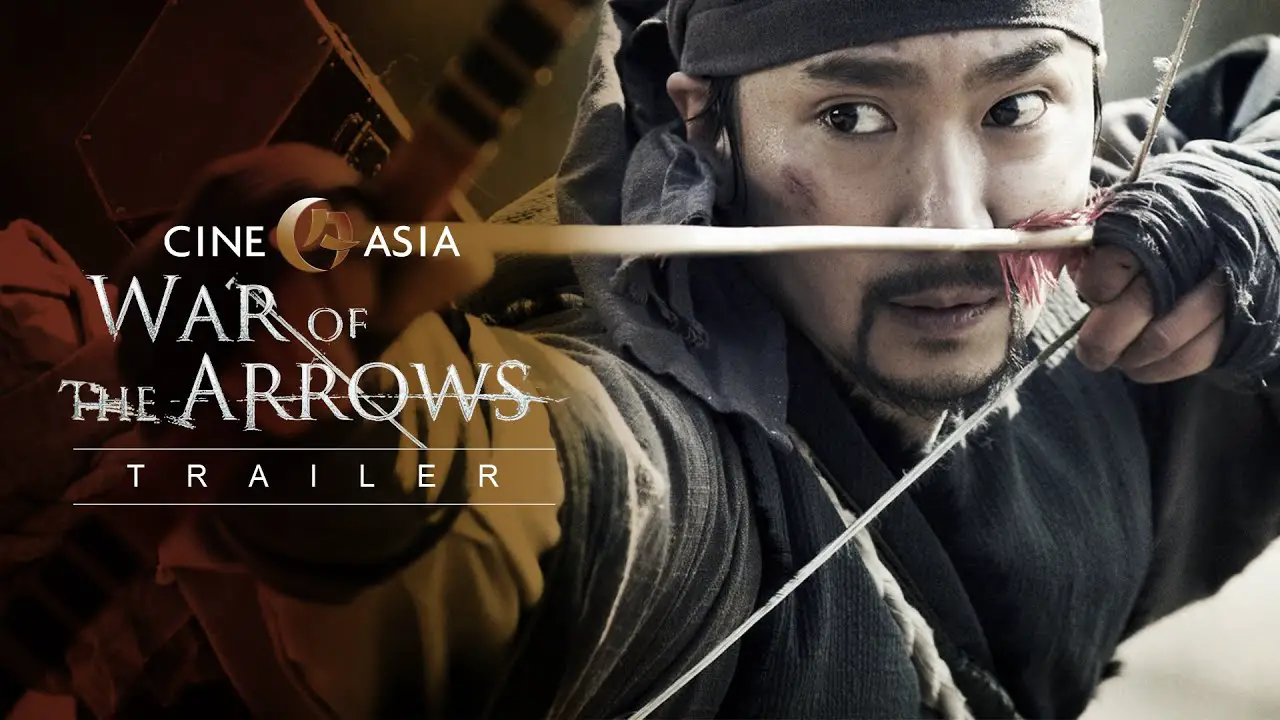
10. Fengshui
Myung Dang (the optimal location) could alter someone's fate. The person who occupies the location will be in charge. The location of one's ancestors' tombs may influence one's future. Prodigal geomancer Jae Sang loses his family while attempting to prevent the Kim dynasty from annexing Korea by seizing control of all the advantageous tomb locations. Thirteen years later, Heung Sun from a disgraced royal dynasty visits Jae Sang and considers overthrowing the Kims. When the two men discover a burial site that might result in two kings in a family, they quickly come to blows and decide to part ways.
